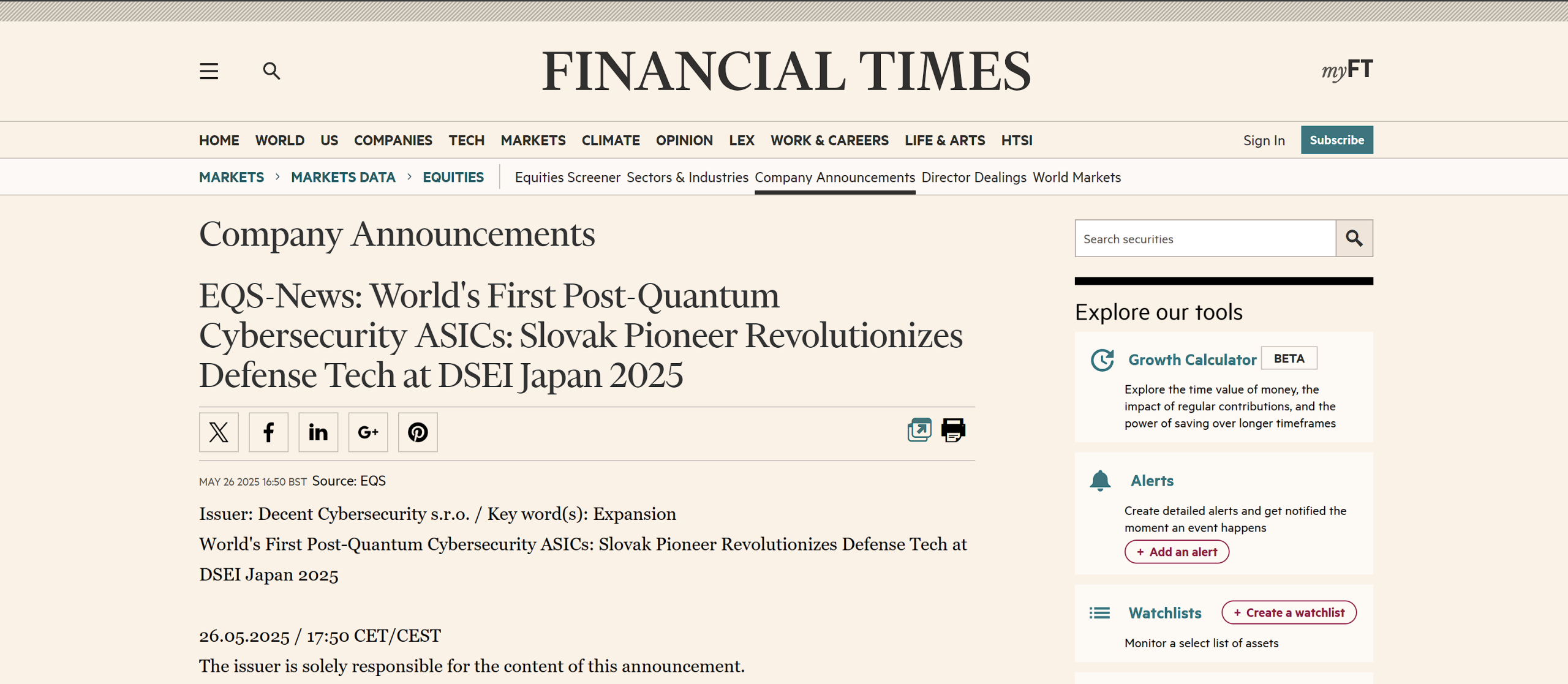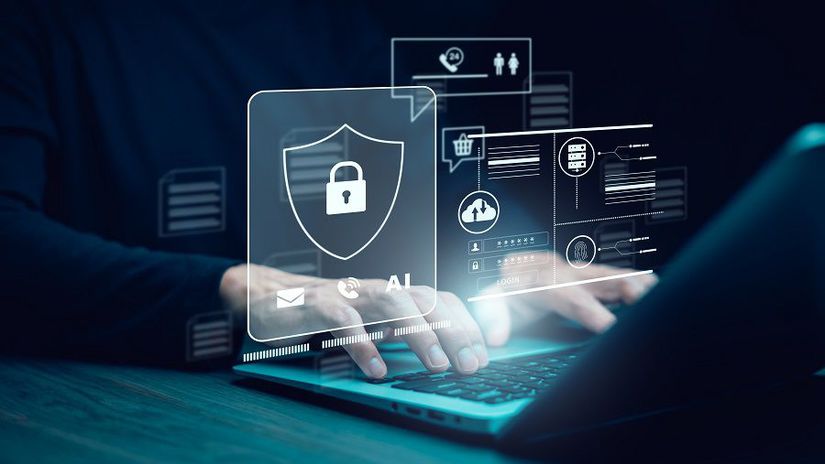The National Institute of Standards and Technology (NIST) has released a landmark document outlining the transition to post-quantum cryptography (PQC) standards, marking a critical milestone in securing digital systems against future quantum computing threats. The initial public draft of NIST IR 8547, published in November 2024, provides a detailed framework for migrating from current cryptographic systems to quantum-resistant alternatives.
“This transition represents the most significant cryptographic upgrade in digital security history,” states Matej Michalko, Founder and Chairman of Decent Cybersecurity.
“Organizations must begin implementing quantum-resistant cryptography now to protect against ‘harvest now, decrypt later’ attacks, where adversaries collect encrypted data today with the intention of decrypting it once quantum computers become capable.”
Key Timeline and Standards
NIST has established 2035 as the target date for completing the migration to PQC across Federal systems, aligning with National Security Memorandum 10 (NSM-10). The document introduces three new PQC standards:
- FIPS 203: Module-Lattice-Based Key-Encapsulation Mechanism (ML-KEM)
- FIPS 204: Module-Lattice-Based Digital Signature Algorithm (ML-DSA)
- FIPS 205: Stateless Hash-Based Signature Algorithm (SLH-DSA)
The transition timeline indicates that quantum-vulnerable algorithms providing 112-bit security will be deprecated after 2030, with all quantum-vulnerable algorithms to be disallowed after 2035.
Implementation Challenges
The report acknowledges significant implementation challenges across various technological domains:
- Network Protocols and Security Technologies
- Requires updates to protocols like TLS, SSH, and IPsec
- Modifications needed for existing security standards
- Cryptographic Infrastructure
- Software libraries require implementation of new algorithms
- Hardware security modules need redesign for PQC support
- Public Key Infrastructure (PKI) systems require significant updates
- Application Integration
- Enterprise systems need comprehensive updates
- Legacy system compatibility must be maintained
- Performance impacts must be managed
Decent Cybersecurity’s Role
Decent Cybersecurity has positioned itself at the forefront of this transition, offering solutions that align with NIST’s framework. The company’s quantum-resistant product portfolio includes:
- CryptoSleuth Pro for cryptographic assessment
- SpaceShield STM for space traffic management
- DroneCrypt UTM for unmanned systems
- QuantumProof Protocol for secure communications
“Our implementation framework enables organizations to maintain operational continuity while transitioning to quantum-resistant security measures,” explains Michalko. “We’ve developed our solutions specifically to address the challenges outlined in NIST’s transition plan.”
Hybrid Approaches
NIST’s document acknowledges the value of hybrid implementations during the transition period. These solutions combine quantum-resistant and traditional algorithms to provide security assurance during migration. Decent Cybersecurity’s framework incorporates this hybrid approach, allowing organizations to maintain compatibility with existing systems while implementing quantum-resistant protection.
Industry Impact
The transition affects multiple sectors, particularly those handling sensitive data with long-term security requirements. Organizations in space communications, defense, healthcare, and financial services must prioritize their migration to quantum-resistant cryptography.
Next Steps
Organizations should begin assessing their cryptographic infrastructures and developing transition plans. NIST’s public comment period for the draft runs until January 10, 2025, allowing stakeholders to provide feedback on the proposed framework.
The document emphasizes that while 2035 serves as the final deadline, organizations should begin their transitions immediately, particularly for systems requiring long-term data protection. This proactive approach aligns with Decent Cybersecurity’s recommendation for early adoption of quantum-resistant solutions.
For more information about implementing quantum-resistant security measures or to discuss your organization’s transition strategy, contact Decent Cybersecurity at [email protected].





